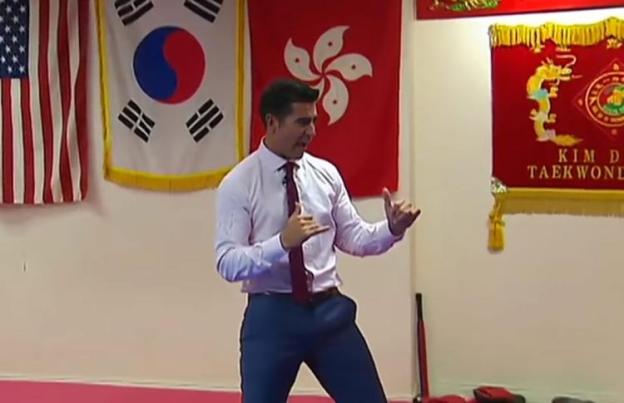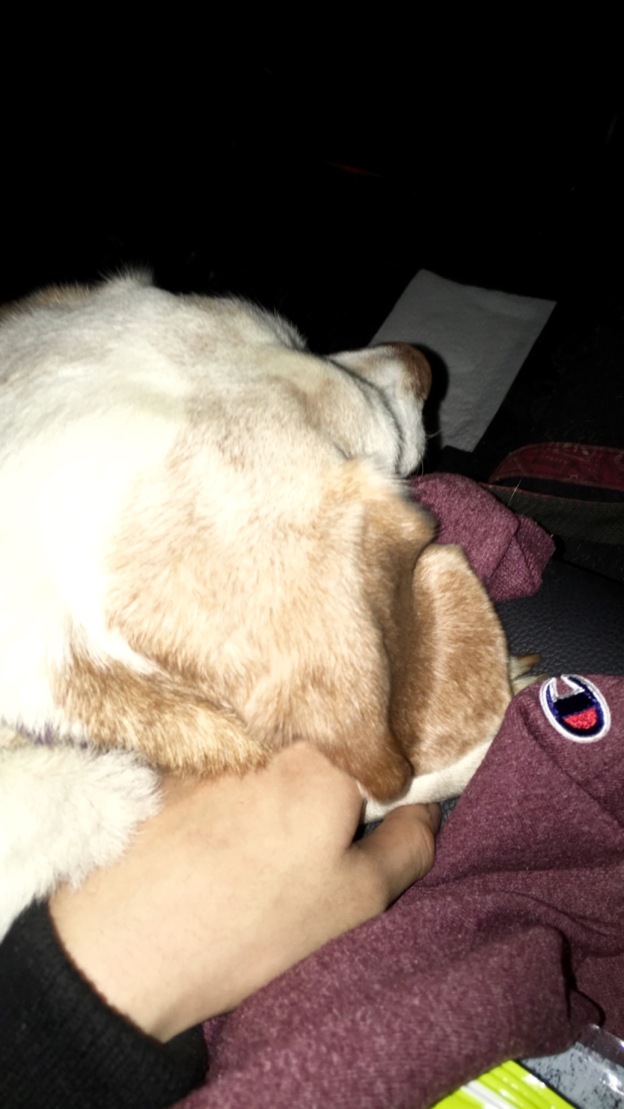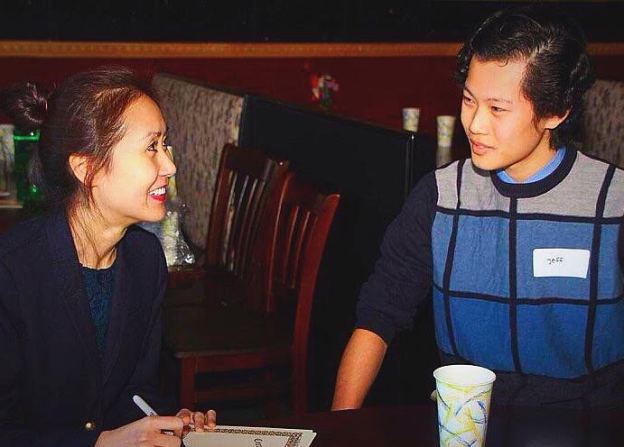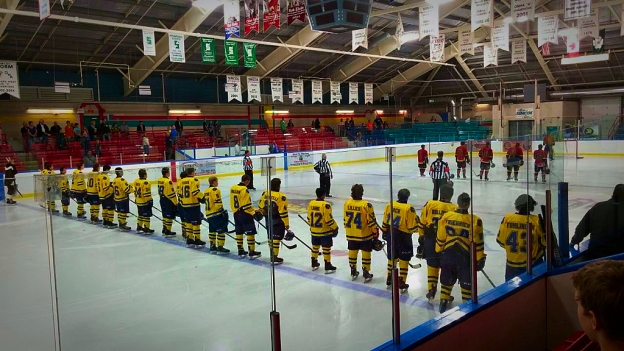Duncan Keith of the Chicago Blackhawks, Drew Doughty of the LA Kings, PK Subban of the Montreal Canadiens, I scoured YouTube for highlights of my favorite professional hockey players. I had never been so anxious. This was my chance to show my team that even at sixteen, I would be a strong contributor for the team for the rest of the year. As I scrutinized Keith’s poke checks, Doughty’s agility, Subban’s edgework, I did my best to channel their mindsets. The night before my team’s season opener, I spent a restless night watching film.
I awoke from my hockey-induced slumber the next morning ready for the game of my life. As I laced up my skates for morning skate, a troubling doubt entered my mind. I had left behind everything to follow a passion. Instead of pursuing a normal education, I was taking classes online. I only saw my friends over a distant social media. My parents needed to make a ten-hour drive just to see me. Was it worth it? With all this floating in my head, I stumbled onto the ice.
Missed passes, weak shots, improper form while skating, basic mistakes plagued my skate. Each mistake only acted as a catalyst for the next one. My spirit sank. As a buzzer announced the end of practice, I followed the crowd off the ice. There, just outside the locker room, on a plain white sheet of paper, I read the short single-syllabled two lettered last name I had known my entire life. Along seventeen other players, I would be dressing for the Viking’s season opener. Despite the bad skate, I would still be given the honor of being one of the first players to don team colors.
As I sat in my stall to take it all in, I recalled the words of Sports psychologist, Dr. Nate Zinsser, from a camp earlier that summer at Hamilton College, “If you play well, tell yourself you’re playing well. Let it sink in. If you play bad, tell yourself you got the bad out of the way. Now, there are only good plays left.” Following those words, I prepared myself. The substandard morning skate just meant that I was bound for a good game.
A short nap and a hearty lunch later, the team was on a coach bus bound for Niagara. In the two-hour drive, my ears filled with the motivational words of John Wooden, Gordie “Mr. Hockey” Howe, and Vince Lombardi. In those two hours, I repeated to myself the enchanting words of Mr. Hockey, “You find that you have peace of mind and can enjoy yourself, get more sleep, and rest when you know that it was a one hundred percent effort that you gave – win or lose.”
An hour before the start of the game, I thought we would have to forfeit. Save for a lone goalie, our Frenchie, Renan Sarrazin, the team didn’t have game sweaters. Due to a clerical mix-up, we waited as some car we didn’t know raced to our rescue. The life of our first game had been mastered by what I would later discover had been a small green Toyota. We watched as the minutes for warm-ups counted down, until a buzzer finally signaled the end. Minutes before the official start of the matchup, our jerseys arrived.
Before the team’s first game, Coach Brian Fish instructed us “Forget the refs and forget Niagara, do what you have to do when you get out there. I don’t care what they say, warm your goalie up.” With our blood pumping and faces determined and anxious, the Norfolk Vikings poured out of the locker room onto the ice. We clapped our sticks into the ice, as fans roared for the start of the game. Moments later the puck dropped.
Fish called the lines from the bench, Bullivant, Pretorius, Brown, Tomlinson, Gu. As I skated towards a center face-off circle, buddies who hadn’t dressed that game cheered me on and the veteran defensemen gave me stick taps as I passed them. The game was fast-paced. By the end of my first shift, my legs were burning and I was out of breath. I loved every second of it. In my head, I had made the first cut. I was, officially, a Junior A hockey player.
My first goal came that night. Unofficially. Right off an offensive face-off, Mark Pretorius of San Diego won the puck back and from my wrist shot, the puck found its way above the goalie’s pad and into the net. It was waved off due to an extra man from our team who shouldn’t have been on the ice.
By the end of the third period, I had played my first Junior A hockey game. Hell, I’d even scored.
On the returning bus ride, as I sat near the coach bus window looking out into the clear Ontario sky, I was tapped on the shoulder by my head coach, Brian Fish. He gestured me to the front of the bus where he had been sitting and offered me a seat next to his. I took my new spot as he began, “You had a good game. You’ve gotta be quicker of course, and make sure you’re making the most out of gym every morning. We’ll make a Junior A player out of you; a good one. But you’ve gotta trust me. Some of the lessons and systems I teach you will seem unconventional. Sometimes even counterintuitive, but trust me.” As I nodded my head and made a short allegiance to my coach, he put a hand on my shoulder and nodded me back to my original seat. Not really a conversation, but the significance of it all to me was measured in one thought. As a sixteen year old, playing against twenty and twenty-one year olds, my coach trusted me. I had peace of mind.
In those first moments cutting into that hard ice, I knew. Just sitting in the locker rooms, waiting for those jerseys, I already knew. I was meant to be there. I’m meant to be here, following my dream.







